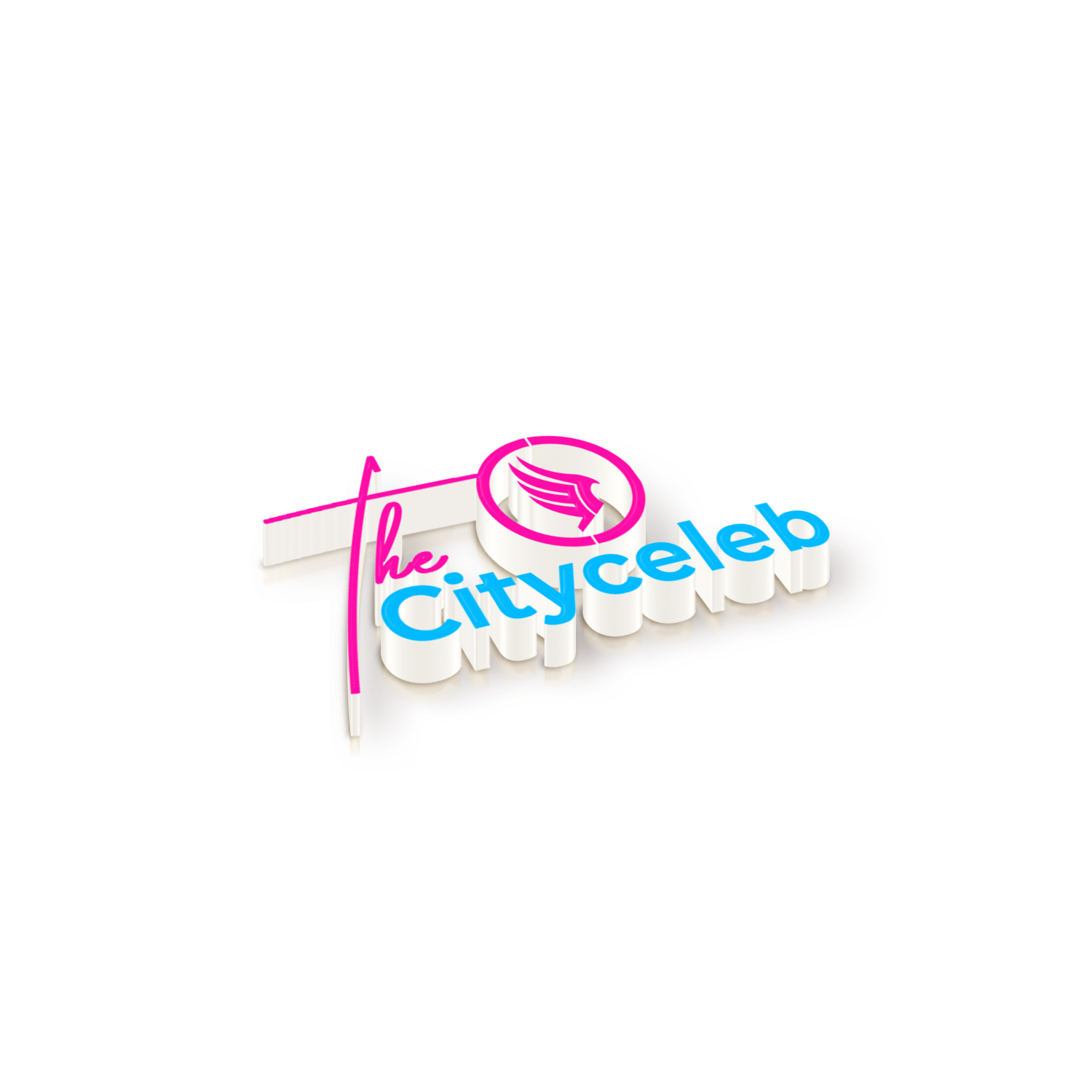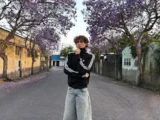
Aboki Naira to Dollar Black Market Exchange Rate Today, 19th July 2025
The black market exchange rate for the US Dollar (USD) to Nigerian Naira (NGN), commonly referred to as the “Aboki” rate, continues to reflect the ongoing volatility in Nigeria’s foreign exchange market.
As of today, July 19, 2025, Bureau De Change (BDC) operators in major cities such as Lagos, Abuja, Kano, and Port Harcourt report that the dollar is trading at an average buying rate of ₦1,600 and a selling rate of ₦1,610 in the parallel market, according to sources from Naija News.
Trending Now!!:
This marks a slight increase from yesterday’s rates, which stood at ₦1,530 for buying and ₦1,540 for selling, as reported by verified BDC sources in Lagos. The marginal uptick underscores the persistent pressure on the Naira, driven by high demand for dollars amid limited supply through official channels.
The Central Bank of Nigeria (CBN) continues to discourage participation in the black market, urging individuals and businesses to conduct foreign exchange transactions through authorized banks. However, the official CBN rate, reported at approximately ₦1,524.86 on July 17, 2025, remains significantly lower than the parallel market rates, highlighting the ongoing disparity between the official and black market rates.
Market observers attribute the Naira’s volatility to structural economic challenges, including low non-oil export earnings and seasonal spikes in dollar demand for imports, international tuition payments, and travel. While the CBN has implemented interventions to stabilize the official rate, the black market remains the primary source of foreign currency for many Nigerians seeking quick access.
For instance, based on today’s black market selling rate of ₦1,610, converting $100 would cost ₦161,000, while $1,000 would amount to ₦1,610,000. Rates may vary slightly depending on location, transaction volume, and individual negotiations, with some dealers in Lagos quoting as low as ₦1,540 for buying and ₦1,545 for selling.
These figures align closely with other sources but reflect the dynamic nature of the parallel market, where rates can fluctuate multiple times daily.
Analysts warn that without significant boosts to Nigeria’s non-oil exports and foreign exchange reserves, the black market will continue to dominate everyday forex transactions.
As Nigeria navigates its foreign exchange challenges, the Aboki rate remains a critical indicator of the Naira’s performance and the broader economic pressures facing the nation.
For the latest updates, Nigerians are encouraged to monitor trusted forex platforms and consult local BDC operators for the best rates.

